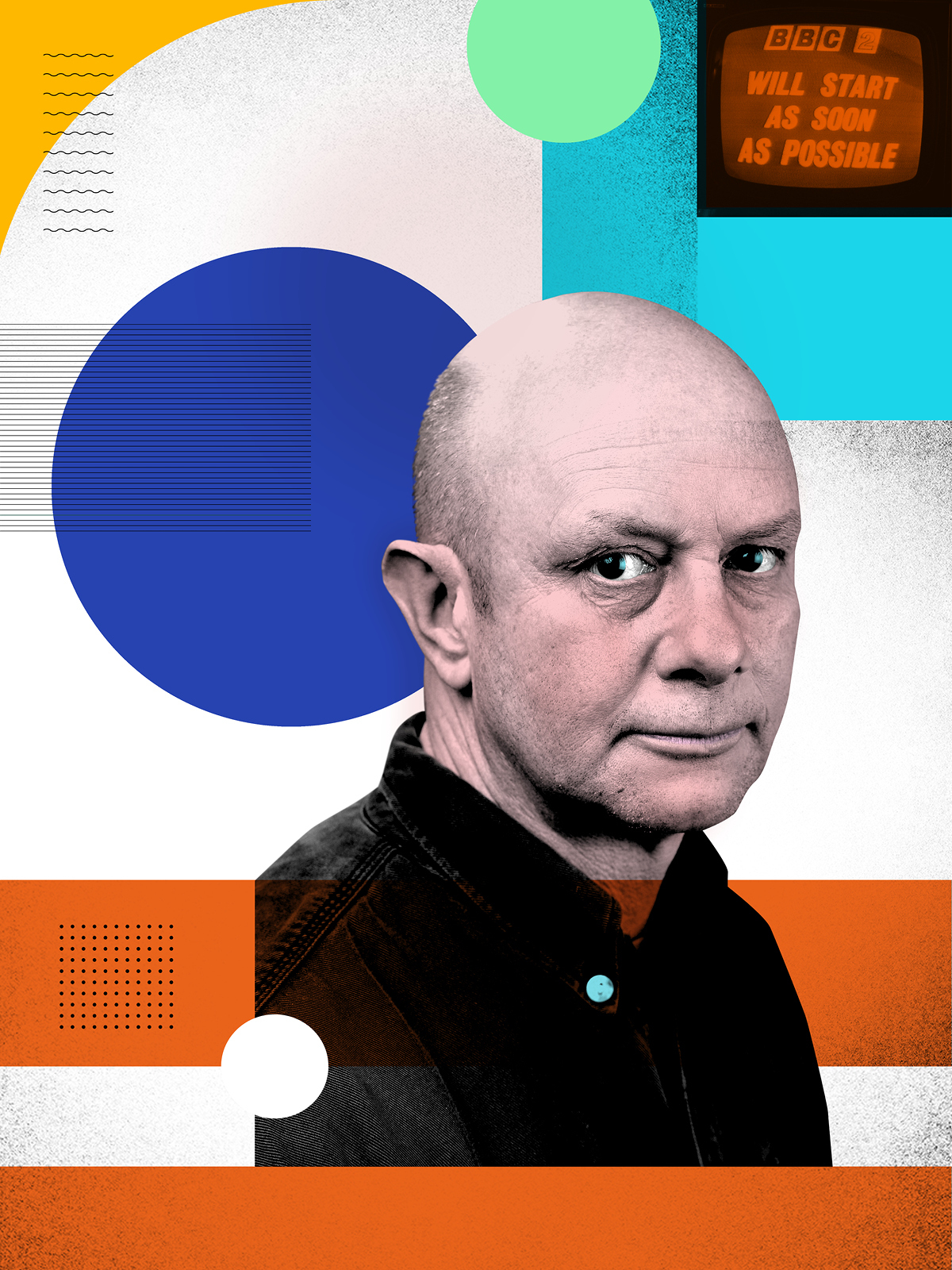- Home |
- Search Results |
- Nick Hornby: ‘The BBC should be untouchable after this’

I have put sugar in my coffee all my life, but a few days ago, during the second week of the lockdown, I stopped, just to see if I could. There are many other tasks I might have chosen to complete, of course. I could be watching all the films of Jean-Luc Godard, or reading the classics (it is customary to say “re-reading” in a literary forum such as this, but I have read so few that it would be perverse to re-visit the ones I’ve actually chalked off), or learning how to bake bread. But none of these are passive ambitions. They require something from me. Not putting sugar in my coffee, is, it seems to me, the perfect lockdown achievement, because it lightens my daily load. I used to have to find a teaspoon, put it in a sugar bowl and stir: needless activity, all gone now.
Watching television has been achieved, too. I’ve watched tons of it, brilliantly. “Has anyone else finished Netflix?” someone tweeted the other day, and though I have found so much on the streamers to love – have you seen the Apollo 11 documentary, Honey Land, American Factory, Ozark, The Americans? – there is also something slightly unnerving about TV channels that offer no sense of time or place, just a whole lot of great content, and occasionally disorienting images of people doing all the things we used to do before all this started. Sometimes you need to be rooted in the moment, even if, probably especially if, the moment is a traumatic one. The current weekly applause for the NHS is valuable in all sorts of ways, but doing the same thing at the same time as other people, a simple pleasure that we used to take for granted, is clearly important to us. We love Netflix because it allows us to watch what we want when we want; watching live TV reminds us that, for better or worse, we are a small part of something bigger.
Before all this started, the BBC was under assault, apparently because of its independence. It was, is, being threatened with all sorts, including the loss of its lifeblood licence fee. The BBC, one of our crowning achievements as a nation! I will not waste space here listing what it has given us, the comedy and the drama and the sport, some of the things that have helped to define who we are now . You know that already, even if you’re the dimmest Tory MP in Parliament. But right now, the BBC is helping me to live through and understand a crisis.
'Netflix can help us forget, but it can’t explain, inform, illuminate'
I am sixty-two at the time of writing, and it would be wrong to say that I haven’t really lived through history. I can remember seeing clips from JFK’s funeral on the BBC news, and I can remember my father making me watch Churchill’s coffin being carried up the Thames. And then there are the moments that many of you remember, the fall of the Wall, September 11th, July 7th. But this is the first time, really, that a historical event has affected me, in the moment, as it is happening, over a prolonged period of time. The wartime analogy is already getting old at the time of writing, but that sense of simultaneously wanting to know and not wanting to know what is happening, reading grim figures, looking for glimmers of hope, day after day, when any glance out of the window – at empty streets, shuttered shops, the occasional masked face – will illustrate history for you. It’s everywhere. Netflix can help us forget it, but it can’t explain, inform, illuminate. In the US, people have literally been made ill by the mendacity and wilful stupidity of a popular TV news channel of the type that the government seems to want to see in the UK; our national broadcaster, meanwhile, has tried to inform and educate us while entertaining us, as its remit has always been. Last night – I’m writing this on 9 April, 2020, Emily Maitlis began Newsnight with a blistering editorial comment delivered to camera.
'Those serving on the frontline right now — bus drivers and shelf stackers, nurses, care home workers, hospital staff and shopkeepers are disproportionately the lower paid members of our workforce,' she said. 'They are more likely to catch the disease because they are more exposed. This is a health issue with huge ramifications for social welfare. And it's a welfare issue with huge ramifications for public health.' Is there any liberal bias in there? Or is it simply a thoughtful person telling us the truth? Can you imagine hearing that on Fox News? Can you imagine a future in Britain where there is no platform for a TV presenter to speak like that?
'Heaven help the politicians who try to cut anything anywhere in the NHS'
Most of the things I want to come out of this crisis won’t happen. The air won’t stay as clean as it is now; the traffic will come back; we will forget that our old and vulnerable always need protection. But heaven help the politicians who try to cut anything anywhere in the NHS. I would like to think that the BBC’s service, its calm intelligence and dedication to our health and our ability to cope with what 2020 has thrown at us, might make it similarly untouchable, and give those who wish it harm pause for thought.
Perspectives is a series of essays from Penguin authors offering their response to the Covid-19 crisis. A donation of £10,000 towards booksellers affected by Covid-19 has been made on behalf of the participants. Read more of the essays here.